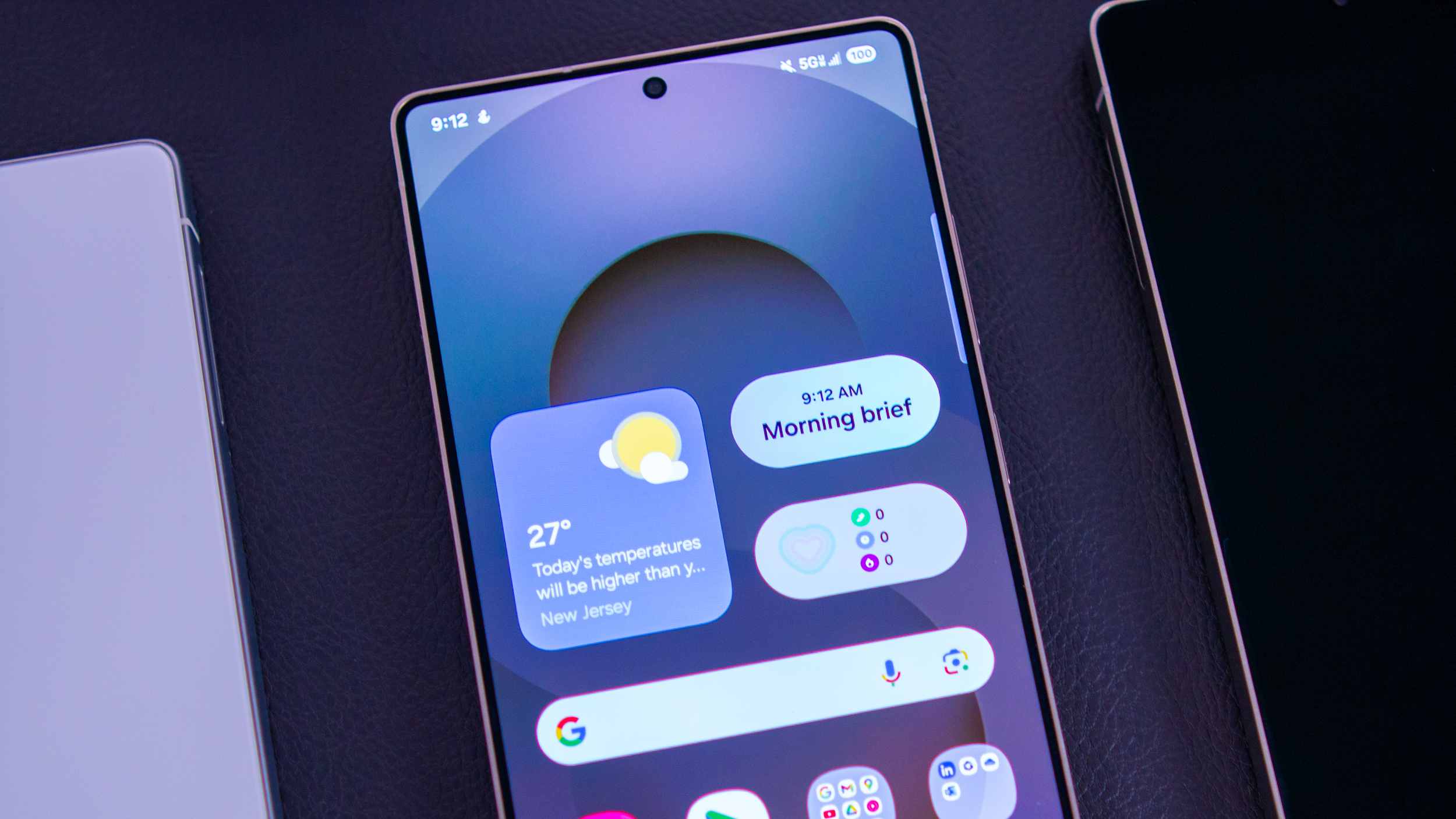Has the foldable killed the tablet or just made it better?
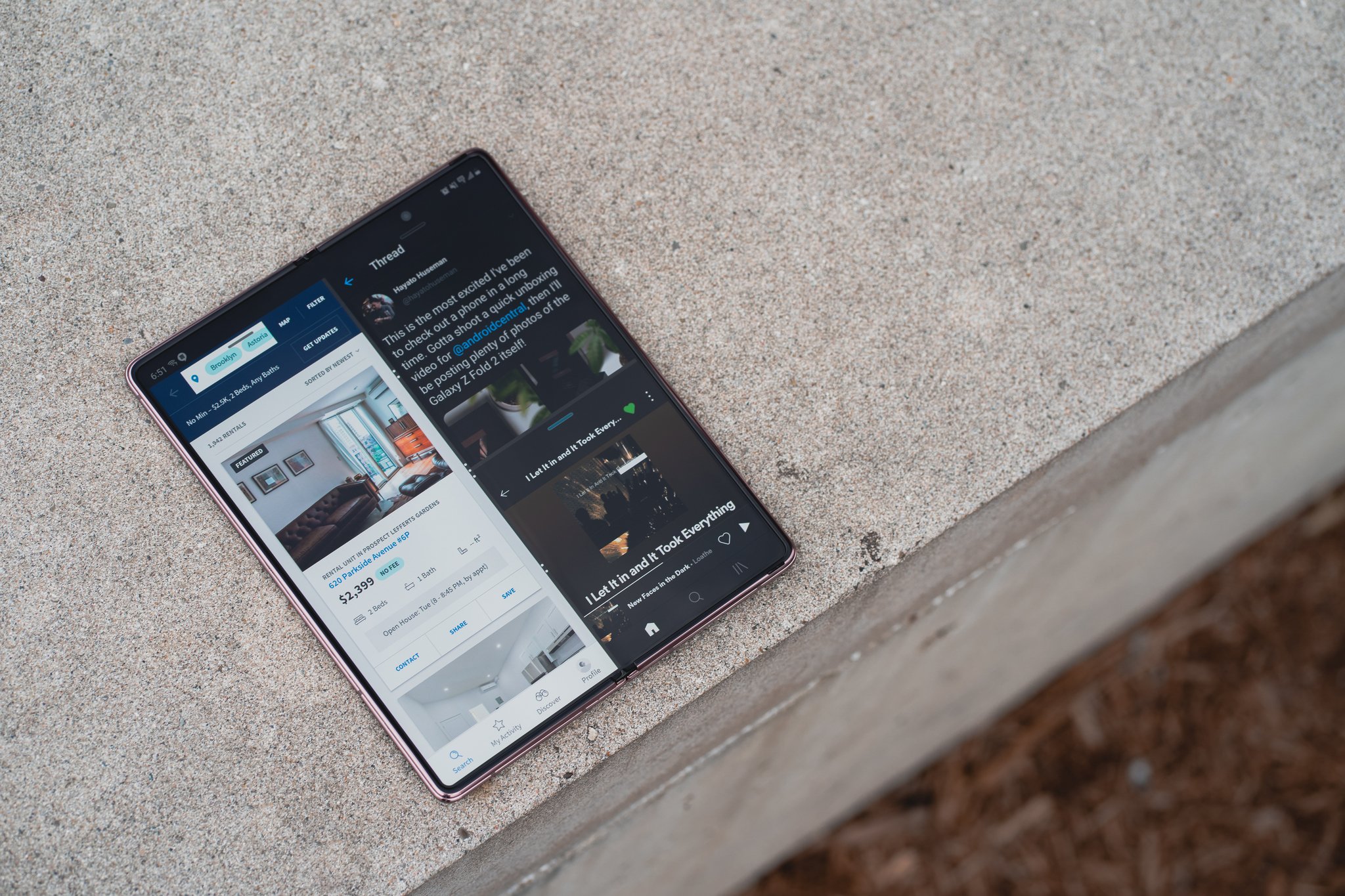
Get the latest news from Android Central, your trusted companion in the world of Android
You are now subscribed
Your newsletter sign-up was successful
Everybody's always trying to predict and proclaim the death of tablets. We've seen it since the dawn of the first "phablet" devices like the original Galaxy Note; with a big enough phone, who needs to spend even more money on a bigger, less portable touchscreen device with more or less the same features?
That argument actually holds some merit. I have a few tablets sitting around, including high-end options like the Galaxy Tab S7+, that I almost never so much as boot, because between my phone for casual use and my laptop for work, all of my needs are met with just two devices. There's just not much reason for me to carry around a third piece of tech that takes up more space in my backpack and, with additional accessories like a keyboard and stylus, can often reach upwards of $1,000.
But tablets have their own advantages that neither phones nor laptops can fully match. They're considerably lighter and thinner than most laptops, and generally offer dramatically better battery life (though I suspect that may change as the shift to more ARM-based computers continues). They're perfect for gaming and watching movies on the go, and detachable keyboards make tablets far better for typing out assignments than phones, while stylus support makes them terrific sketching devices as well.
Until foldables have been fully democratized, tablets are probably here to stay.
Phones like the Galaxy Note 20 Ultra can check most of these boxes while also tucking away into your pocket (at least, assuming you have relatively deep pockets), but even the Note with its 6.9-inch display can feel cramped compared to a larger tablet, especially for things like multitasking and drawing.
Of course, you can get an even larger pocketable display by picking up a foldable, like one of my favorite phones of the year, the Galaxy Z Fold 2. It's an incredible device that can expand out to a 7.6-inch display (measured diagonally) with a roughly 5:4 aspect ratio that truly offers a tablet-like experience — it's nearly the same size as the display on Apple's iPad mini lineup.
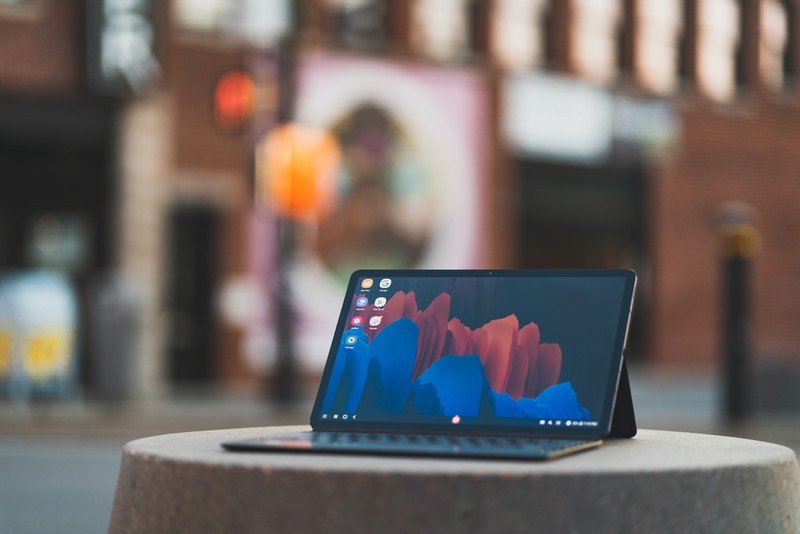
But the Fold 2's display is far more fragile than that of a traditional tablet, and it doesn't support Samsung's S Pen — that's a problem for graphic designers as well as users who simply need the precise touch input of a stylus. On the bright side, it's already been confirmed that Samsung's upcoming Galaxy S21 line will support the S Pen, and rumors suggest that the Z Fold 3 will, as well. This is great news, and could enable some tablet users to make the jump to a (slightly) smaller screen after all, but size will still be a trade-off for those who are after the most real estate they can get.
Even if the Z Fold 3 supports the S Pen, pricing will be yet another issue. We're expecting to see as many as four new foldables from Samsung in 2021, consisting of at least one more affordable Z Fold-like device, but if the Z lineup is anything like Samsung's S line, the S Pen will be reserved for only the highest-end model. Based on past releases, that'll likely be somewhere in the ballpark of $2,000 — about double the cost of even the priciest Android tablets out there.
Get the latest news from Android Central, your trusted companion in the world of Android
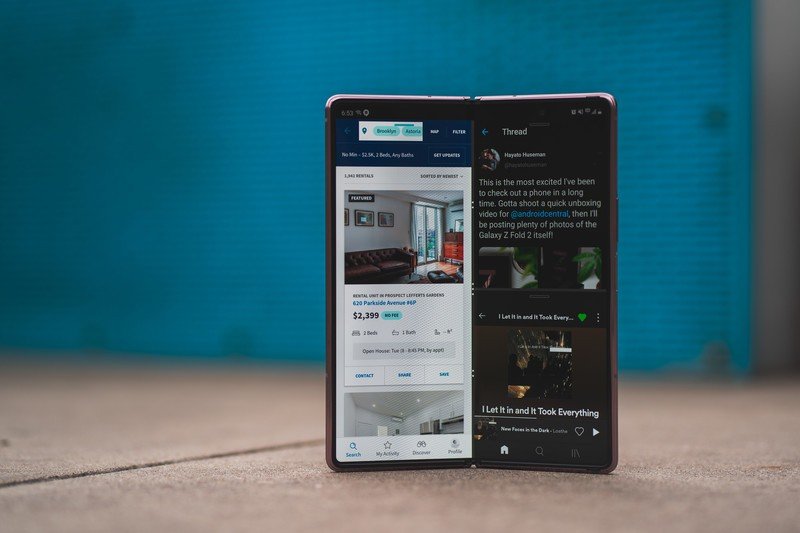
Until that price comes down, even the tablet users who are okay with downsizing could have a hard time justifying the cost of something like a Z Fold 3 versus having free range of the best Android tablets and one of the best Android phones separately.
One day, we could finally see tablets replaced by more pocketable devices like foldables, or even see them augmented by foldable tech to give you a full-sized tablet that folds into something smaller for packing (remember the Sony VAIO laptops?). Until that day comes, though, I think tablets are going to be just fine.
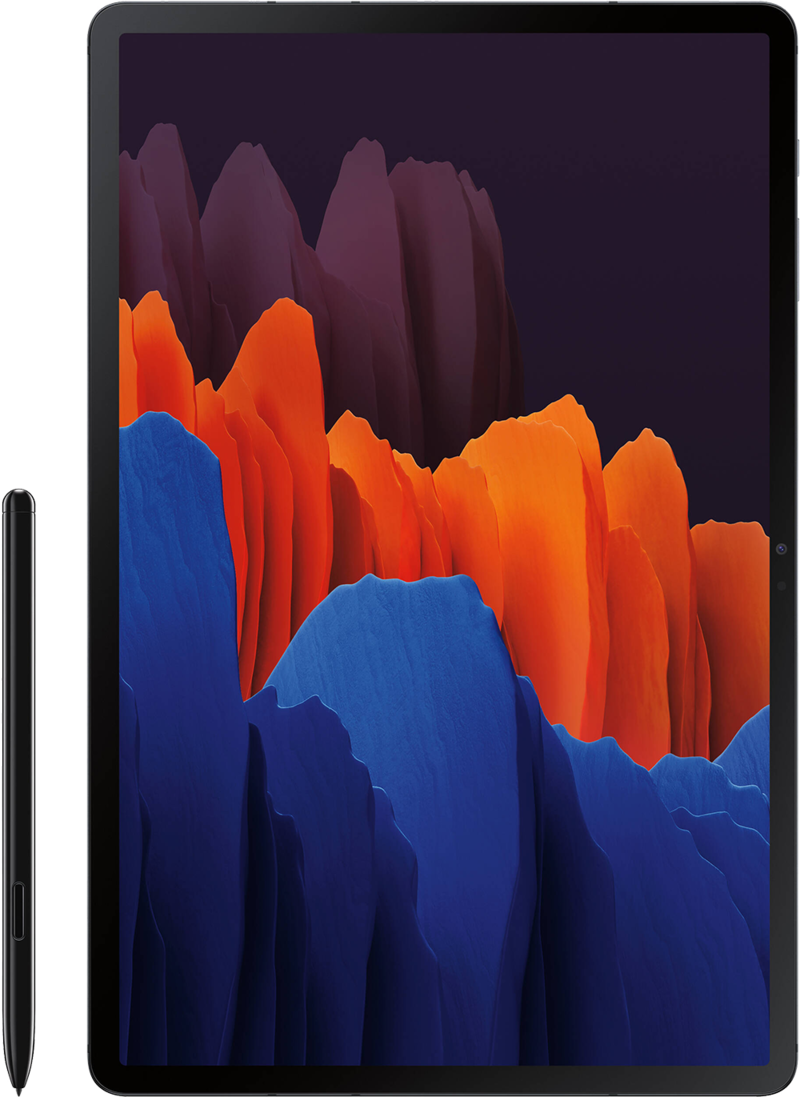
Giant, gorgeous screen and S Pen support
The Tab S7+ has it all; a beautiful 120Hz display with plenty of room for multitasking, an excellent keyboard with great travel, and even Samsung DeX to create a laptop-like experience. It's pricey but well worth the money for someone who wants to take full advantage of their tech.
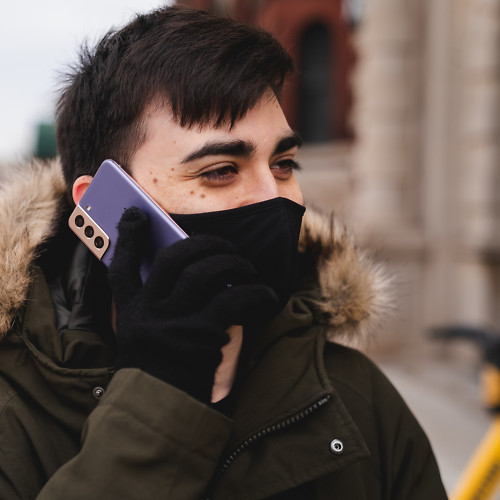
Hayato was a product reviewer and video editor for Android Central.
